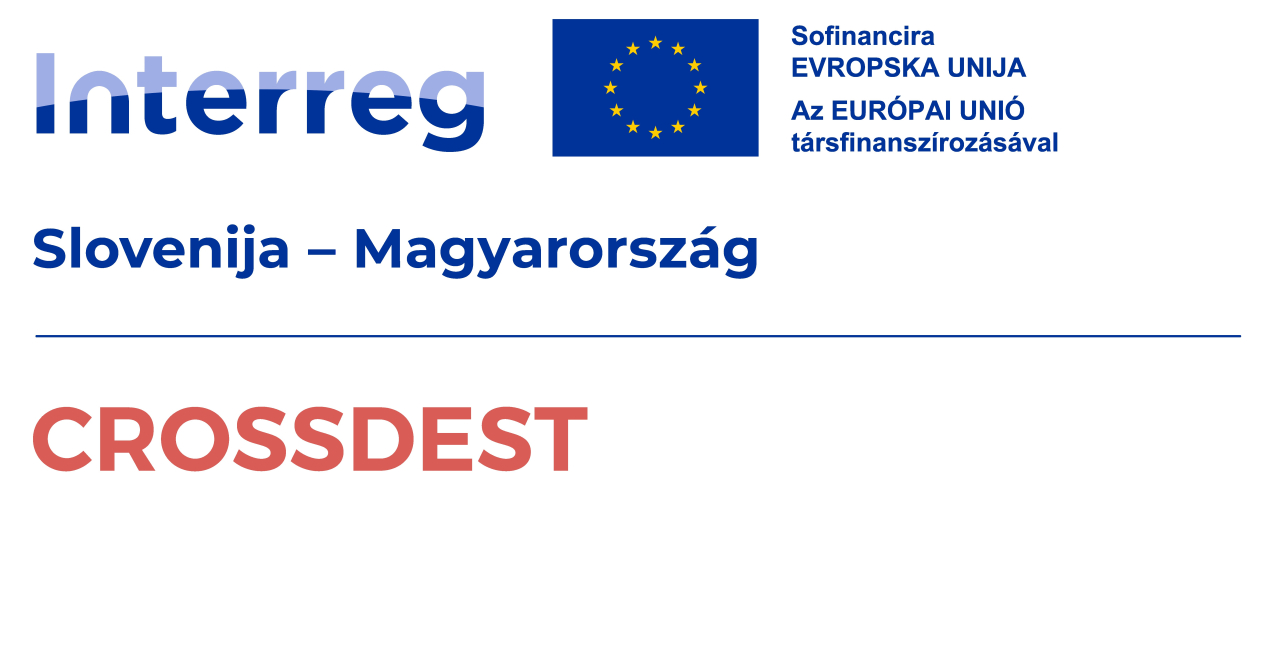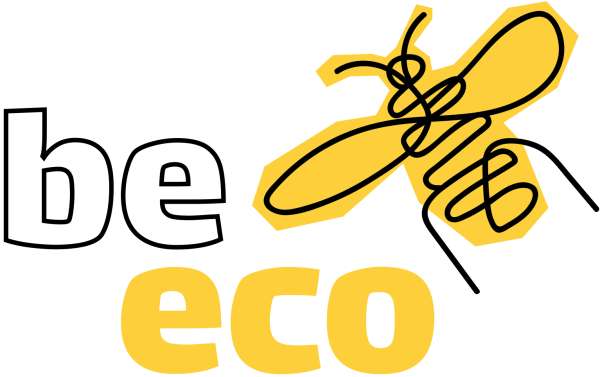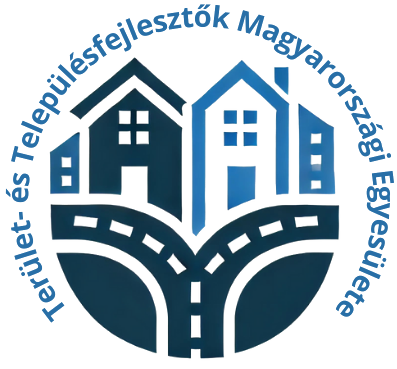Etéd
Etéd (in Romanian, Atid) is a traditional Székely village in Harghita County, located at the confluence of the Küsmöd and Firtos streams, on the valley plain of the expanding Etéd Basin. It lies 22 km north of Székelykeresztúr and administratively includes four villages – Küsmöd, Kőrispatak, Énlaka, and Siklód. Its name derives from the old Hungarian personal name Ete, which also reflects the ancient Hungarian roots of the community. Throughout history, the settlement served as a significant agricultural and commercial hub, once renowned for its weekly markets, which influenced the lives of neighbouring villages. From the 18th century onwards, it also gained recognition as a military and cultural centre: Kisfaludy Sándor and Jósika Miklós served here, and later, several notable figures were born in the village, such as the poet Etédi Sós Márton and the literary historian Gagyhy Dénes. Among the village's architectural heritage, the Reformed Church stands out, built in 1802 to replace a 17th-century church destroyed in the fire of 1792. Another significant religious monument is the Roman Catholic Church, constructed in 1876 in honour of Saint Michael, also replacing a chapel lost to fire – its tower was completed in 1889. The village's streetscape still preserves the characteristic features of Székely villages: whitewashed houses with porches, stone-based farm buildings, carved gates, and central landmarks such as the school, cultural centre, and library, which serve as important venues for community life. The majority of the population is of Hungarian ethnicity, and the village remains a living bearer of Székely identity, language, and religious traditions to this day. The surrounding landscape is hilly, featuring agricultural fields, orchards, forest-edged pastures, and stream valleys – providing ideal terrain for hiking and rural tourism. The Etéd region is increasingly valued for sustainable rural tourism, offering family-run guesthouses, craft workshops, local products, and cultural events to visitors. Etéd offers a genuine experience for those seeking not just sights but a connection with the landscape, traditions, and a community that quietly yet steadfastly preserves its values. - editorial content -
Getting there
- Walk
- Horseback
- Bike
- Electric bicycle
- Bus (rented for the trip)
- Bus (rented for the trip)
- Motorcycle
- Car
Arrival
- Walk
- Horseback
- Bike
- Electric bicycle
- Bus (rented for the trip)
- Motorcycle
- Car
Public transport
- bus
Parking information
- Free outdoor parking available
Sustainability level
Topic 1: Destination Management 52%
- Visitor management: 60%
- Commitment and organization: 0%
- Design & development: 50%
- Monitoring and reporting: 50%
- Legal and ethical compliance: 100%
Topic 2: Nature and landscape 53%
- Nature and wildlife protection: 67%
- Nature and conservation: 40%
Topic 3: Environment and climate 39%
- Land use and pollution: 67%
- Water management: 40%
- Energy, sustainable mobility and climate change: 0%
- Adaptation to climate change: 50%
- Waste and recycling: 40%
Topic 4: Culture and traditions 88%
- Cultural heritage: 100%
- People and traditions: 75%
Topic 5: Social Welfare 38%
- Health and safety: 100%
- Local economy: 20%
- Socio-economic impacts: 0%
- Community participation: 0%
- Human dignity: 71%
Topic 6: Business and Communication 61%
- Business participation: 22%
- Information and marketing: 100%












